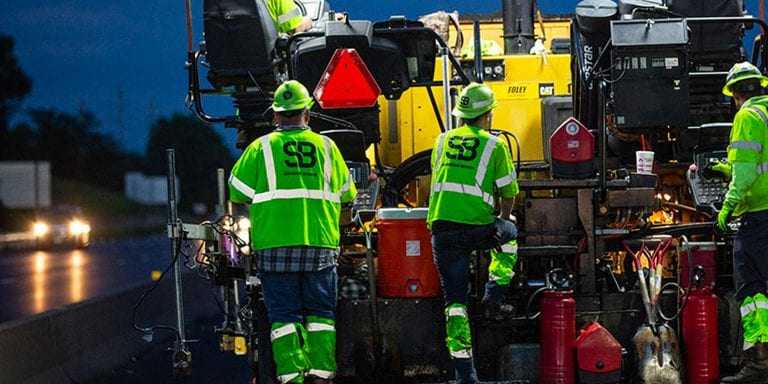Lorenzo Cook applied for an associate position at the Kmart store located in Hyattsville, Maryland. Following an interview he was offered the position of customer service associate. During his appointment to fill out his new hire paperwork and take a mandatory drug screen, Cook told the hiring manager that he had kidney failure and could not produce a urine specimen for testing because of the disease and he undergoes dialysis. However, Cook did offer to undergo an alternative type of drug screening including hair, blood or other non-urine forms of drug testing. Two weeks later Cook was called and told that Kmart required all new hires to complete a standard urine test. Cook’s offer was withdrawn.
Cook then filed a charge of discrimination with the Equal Employment Opportunity Commission (EEOC), which later filed suit on his behalf in Federal District Court in Maryland claiming that Kmart’s refusal to allow Cook an alternative drug specimen test violated the Americans with Disabilities Act (ADA). The suit alleged that the manager did not enter into an interactive discussion with Cook about possible alternative drug test but rather summarily denied his request for an accommodation.
This week Kmart agreed to enter into a consent decree with the EEOC, agreed to pay Cook $102,000.00 and modify its alcohol and drug-free workplace policy and pre-employment drug testing policy to include a description of its obligations provide reason accommodations to employees or applicants in the testing process. Under the consent decree the revised policy must state Kmart’s ADA obligation to provide reasonable accommodations to employees and/or applicants in its alcohol and drug testing program, the accommodation process and the person to whom a request should be directed. The consent decree also mandated that a similar notice be placed on Kmart’s electronic recruiting and hiring system. In October Wal-Mart agreed to pay $72,500 to a job applicant in similar case not 40 miles driving distance in Cockeysville, Maryland.
Common Sense Counsel: every employer drug and alcohol testing policy should be evaluated to determine if it could pass muster under this Kmart consent decree. Failure to do so will place you at risk of an EEOC charge that two well-placed sentences would have allowed you to avoid. Oral fluid and hair test are readily available alternatives in non-DOT testing and a shy bladder evaluation process is already built into the federal drug testing regulations. With this “sorry I can’t go” epidemic across Maryland, employers would be wise to move quickly to put in place a policy update and compliance program to make sure you don’t draw the costly “Go to the EEOC Card.”
Learn more about drug and background screening services offered by BirdDogHR.
By Tommy Eden
Tommy Eden is a partner working out of the Constangy, Brooks & Smith, LLP offices in Opelika, AL and West Point, GA and a member of the ABA Section of Labor and Employment Law and serves on the Board of Directors for the East Alabama SHRM Chapter. He can be contacted at teden@constangy.com or 334-246-2901. Blog at www.alabamaatwork.com and follow on Twitter tommyeden3. “No representation is made that the quality of legal services to be performed is greater than the quality of legal services performed by other lawyers.”




